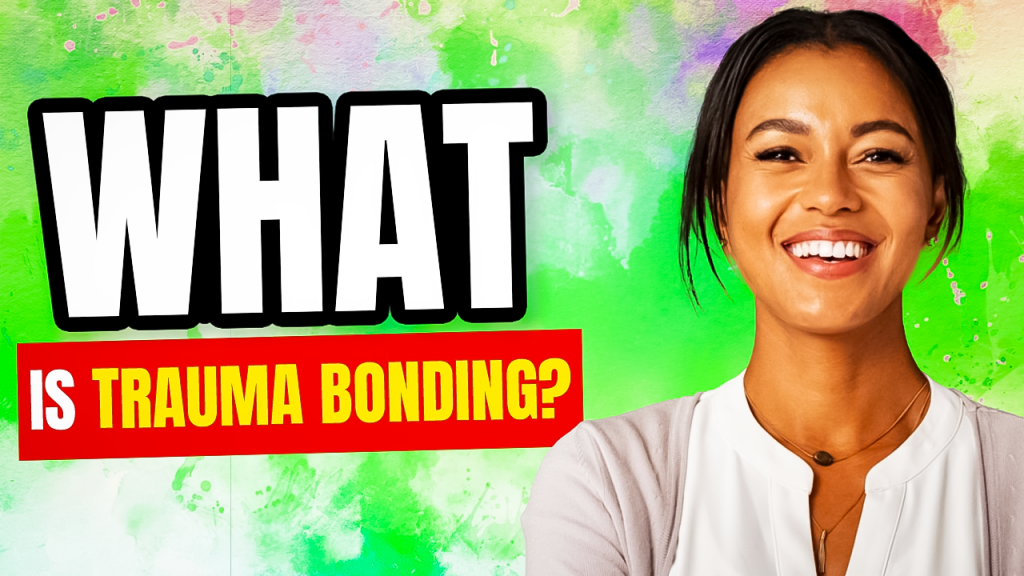
Trauma bonding, also known as Stockholm syndrome, is a phenomenon that occurs when a person develops a strong emotional connection with an abuser, despite experiencing ongoing trauma and abuse. This type of bonding often happens in situations of prolonged captivity, such as hostages or victims of domestic violence, but it can also occur in other types of relationships such as romantic partnerships, friendships, or even in the workplace.
Trauma bonding is thought to be a coping mechanism that helps the victim to survive in an abusive situation. The victim may develop feelings of attachment and loyalty to their abuser as a means of survival. They may also begin to see their abuser as the only person who understands them or who can protect them from harm.
The abuser, in turn, may use this bond to maintain control over the victim. They may use manipulation, threats, and abuse to keep the victim dependent on them and to prevent them from leaving the relationship.
Some of the signs of trauma bonding include:
-Feeling a sense of loyalty or attachment to the abuser despite ongoing abuse
-Making excuses for the abuser’s behavior
-Feeling guilty or ashamed for not leaving the relationship
-Feeling isolated and alone
-Feeling like you can’t function without the abuser
-Feeling like you have to walk on eggshells around the abuser
-Feeling like you can’t survive without the abuser
Trauma bonding can make it difficult for the victim to leave the relationship, as they may feel like they are unable to survive without their abuser. They may also feel guilty or ashamed for staying in the relationship, and may blame themselves for the abuse.
It’s important to understand that trauma bonding is not a sign of weakness or a lack of self-worth, it is a natural response to prolonged abuse and trauma. Trauma bonding is a survival mechanism that can be extremely hard to break.
It is important to seek help from a therapist or counselor who is trained in treating trauma and abuse. Therapy can help the victim to understand their feelings, to develop healthy coping mechanisms, and to regain their sense of self-worth.
It is also important to build a support system of friends and family who can offer emotional support and practical assistance. This can help the victim to feel less alone and to have a sense of safety, which is essential for healing.
It is important to be aware that leaving an abusive relationship can be dangerous, and it is important to have a safety plan in place. It’s also important to understand that leaving the relationship is not a one-time event, it’s a process and it can take time.
In conclusion, Trauma bonding is a phenomenon that occurs when a person develops a strong emotional connection with an abuser, despite experiencing ongoing trauma and abuse. This type of bonding often happens in situations of prolonged captivity, but it can also occur in other types of relationships. Trauma bonding can make it difficult for the victim to leave the relationship, as they may feel like they are unable to survive without their abuser. It is important to seek help from a therapist or counselor, to build a support system, to have a safety plan in place, and to understand that leaving an abusive relationship is a process that takes time. Remember that trauma bonding is not a sign of weakness or a lack of self-worth, it’s a natural response to prolonged abuse and trauma, and healing is possible with the right support.
This Post is Brought To You By BetterHelp